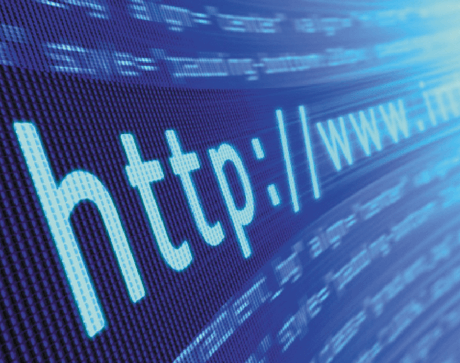Digital Africa would bring rewards to European and Africans
 Leading figures from banking and business sectors have joined government and various public institutions from Europe and Africa to mobilize renewed support and investments for Africa’s digital economy.
Leading figures from banking and business sectors have joined government and various public institutions from Europe and Africa to mobilize renewed support and investments for Africa’s digital economy.
The gathering, held in Berlin, is being hosted by the European Investment Bank and Afrika-Verein, the German Business Association whiles the German Federal Ministry for Economic Development and Co-operation is patron of the event.
This was contained in a statement issued by the European Investment Bank (EIB) and copied to the Ghana News Agency.
The statement said this year’s “Africa Day – Empowering Millions: Africa’s Rising Digital Economy” is being held on the eve of the G20 summit.
It is in line with the G20’s initiative Compact for Africa, supporting the EU’s New Consensus for Development, as well as delivering on the 2030 Sustainable Development Agenda.
The statement said the aim of the event is to support development by fostering innovation, tech entrepreneurship and the expansion of the digital economy in Africa through well targeted investment and practical support.
It said investors, start ups, small businesses and major companies in Europe and Africa will join the discussion to help pinpoint ways, projects and initiatives to encourage future investment.
Mr Werner Hoyer, President of the European Investment Bank, opened the conference saying: “Investing in Africa’s digital economy is a necessary step towards opening new investment opportunities, connections between people and businesses.
This is a sector where the EU bank has expertise around the world and is ready to invest not only in high tech but also in basic telecommunication infrastructures, from West to East and North to South Africa.
The statement said supporting Digital Africa, the skills, the start-ups and the capacity of the young generation, is already bringing opportunities not just for African business but for European businesses as well.
It said Africa is the continent of the future and by strengthening our partnerships, communications, particularly between the public and private sectors, we can deliver investments towards the SDG objectives“.
Mr Stefan Liebing, Chairman of the German-African Business Association, said: “The ongoing digitalisation effort gives our neighbouring continent the opportunity to be one step ahead. Africa’s youth gains new prospects and the private sector develops new business cases.
We need to bring sophisticated businesses together with young ideas to achieve the progress that Africa is demanding. Germany set an example by putting the continent on top of the G20 Agenda. This focus for Africa needs to continue – even after G20.”
The statement said Gerd Mueller, Minister of the German Federal Ministry of Economic Development and Co-operation, said “sustainable and inclusive growth in Africa is a priority for the German G20 Presidency. With the Agenda 2063, Africa has already set out its path towards sustainable development in the coming decades. We are providing strong support to the implementation of the Agenda 2063, especially through our Marshall Plan with Africa and our initiatives for rural development, vocational training and the digital sector.”
“Africa Day” is the third EIB conference in a series initiated under the Luxembourg EU-Presidency in 2015. Due to its success, the decision was taken to make the event annual. 2016’s Africa Day was held in Abidjan, Côte d’Ivoire.
It focused on skills and jobs for young people, innovation in finance and tackling the challenge of migration. This year´s event in Berlin explores the crucial role of digitalisation around private sector development and investment in Africa. Africa Day alternates between Europe and Africa, so next year a meeting would be held in Africa.
The EIB is the public bank of the European Union. It is owned by the 28 Member States and it operates in more than 130 countries and in Africa since 1963. The EU’s bank is helping the EU meet its objectives globally including delivering the Sustainable Development Goals.
Last year the EIB invested more than 8 billion Euro outside the EU, in various projects to support the Sustainable Development Goals- creating good jobs and fighting poverty, supporting young people, women and rural populations, preventing disease through access to clean water, supporting green energy and building vital transport links.
Around 25 per cent of that was in Africa. In the last five years, the EIB has invested over 10 billion Euros in over 200 projects on the African continent.
Source: GNA
